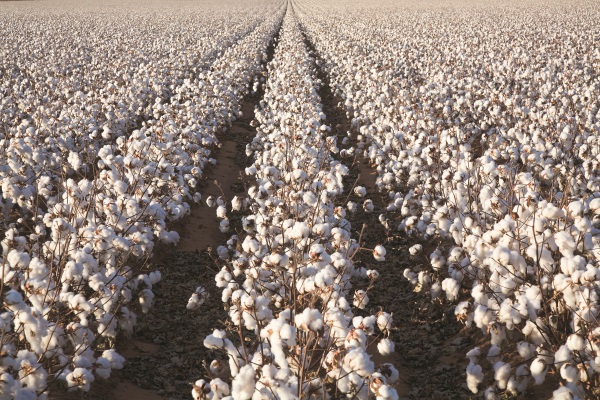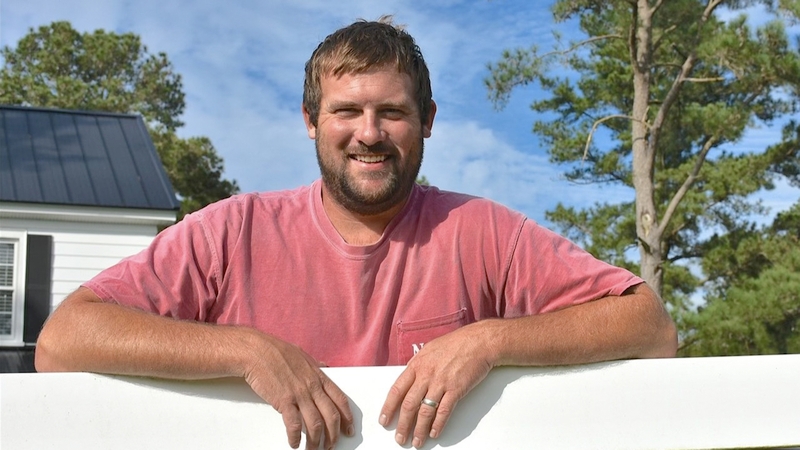Bayer Introduces Four New Varieties.
Bayer CropScience has announced the commercial release of four new varieties for ’09 under both its FiberMax and Stoneville brands.
Bollgard II/Roundup Ready Flex varieties under the Stoneville brand will be ST 4288B2F and ST 5288B2F. Under the FiberMax brand will be one Liberty Link/Bollgard II variety ― FM 1845LLB2 ― and one Bollgard II/Roundup Ready Flex variety ― FM 9160B2F.
“FM 1845LLB2 was bred and developed for the Southeast market. It’s an easy variety to manage,” says Jeff Brehmer, Bayer’s U.S. marketing manager for both the Stoneville and FiberMax brands. “It’s a Liberty Link variety, and if you have some resistance issues, you now have an alternative. And we think it will set the new standard for fiber quality east of Texas.”
The Southeast is ground zero for glyphosate-resistant Palmer amaranth and marestail. The Liberty Link trait provides tolerance to Ignite herbicide ― the only non-selective replacement for glyphosate.
FM 9160B2F is adapted for the Southwest and responds very well to irrigation and high management practices. But Bayer says it also has the potential for excellent response in limited-irrigation or dryland situations.
“It’s a phenomenal variety; it’s a One Ton Club variety,” Brehmer says. The FiberMax One Ton Club recognizes growers who plant FiberMax cotton seed and produce 2,000 pounds of lint cotton or more per acre on at least 20 acres.
ST 4288B2F, an early to mid-maturity variety, is adaptable across the Cotton Belt from West Texas to Georgia. “For the last three years, ST 4554B2F set the standard as the most widely planted Bollgard II/Roundup Ready Flex variety on the market,” says Brehmer. “We wanted to find varieties that were equal to or better than the standard. That was a tough job, but 4288 was one of them. This is not like another line out of a variety ― it’s a unique, novel germplasm.”
In 2008, USDA says 4554 had a national market share of 7.9% and a 23.31% market share in the Mid-South.
ST 5288B2F is slightly later in maturity than 4288 and is more adaptable to the Mid-South, Southeast and Mid-Atlantic areas. This variety also has unique germplasm that was a fit for these areas. “We had people call us when it was an experimental and ask us what we were going to do with it because it was leading all of the trials,” Brehmer says. “That caused a lot of excitement because people stopped and looked at it in the trials. “
After a Closer Look …
Bayer will also reposition two other varieties ― Stoneville ST 5458B2RF and FiberMax FM 1740B2F ― after results showed a broader adaptability across the Belt.
“After further testing, we felt these two varieties that we introduced last year had a broader scope,” says Brehmer. “We will ‘reintroduce,’ so to speak, ST 5458 B2RF into the full-season market in the Southeast, and FM 1740B2F into the Mid-South.
“1740B2F was a One Ton Club variety last year in the Southwest, but it was bred and developed in the Mid-South in Leland (MS),” he says.
After Bayer’s acquisition of Stoneville from Monsanto in 2007, the focus on the Mid-South and Southeast was mostly on the Stoneville brand and on FiberMax in the Southwest, but Brehmer says these two varieties will change that. “We have three years of data on 1740B2F and the numbers look exceptional. It’s a FiberMax variety with FiberMax quality that fits in the Mid-South and even the Southeast,” he explains. “You can put ST 5458 B2RF in trials in West Texas; Leland, MS; Black Oak, AR, or Tifton, GA, and it will be at the top.”









